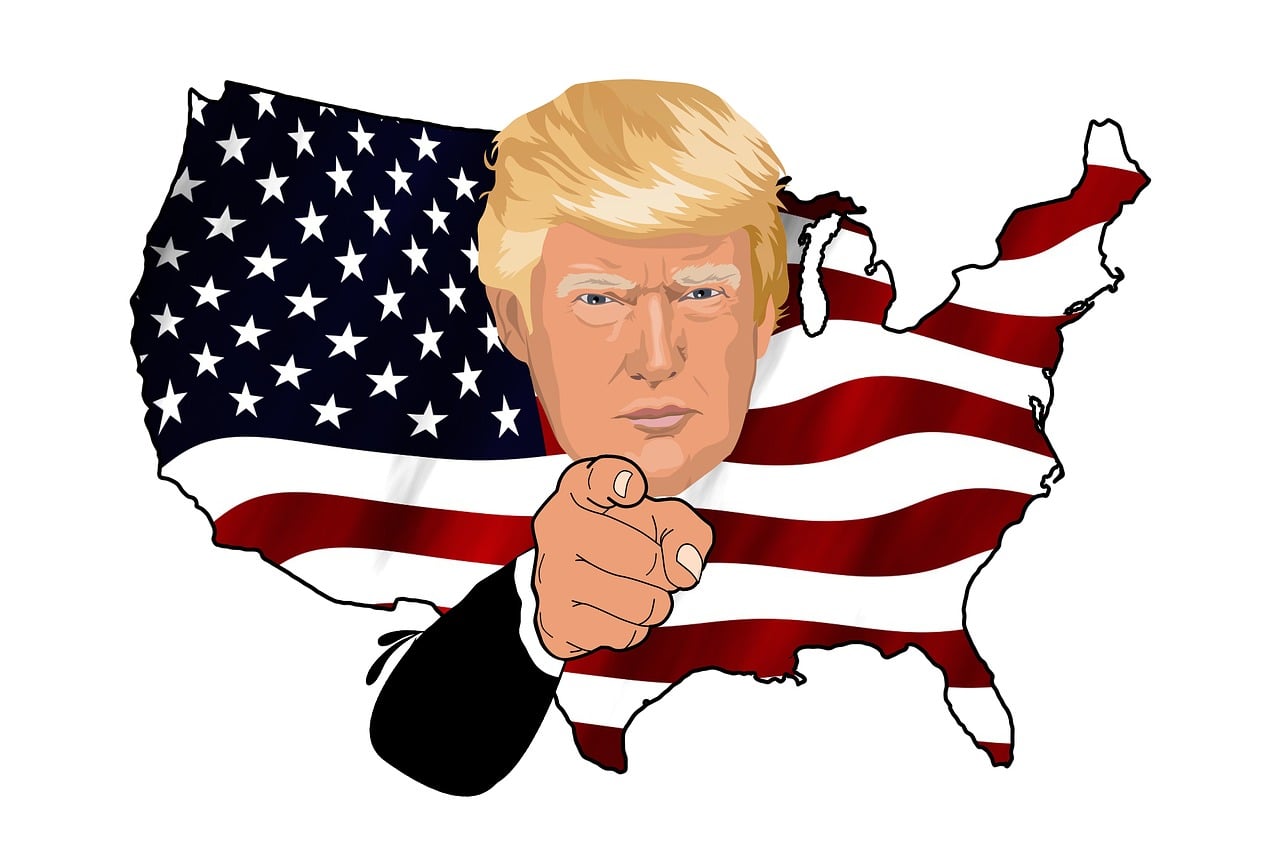Trump Free Speech Order Provides New Weapon For Activists; Students Will Be Encouraged to File Complaints Over Free Speech Violations
WASHINGTON, D.C. (March 21, 2019) – President Donald Trump’s new free speech order – directing federal agencies to “take appropriate steps” to “promote free inquiry” at institutions that receive federal research and education grants, including through compliance with the First Amendment or fulfillment of their institutional promises – provides student activists with a powerful new weapon to attack violations of academic freedom on their own campuses, says public interest law professor John Banzhaf.
Q4 hedge fund letters, conference, scoops etc
According to a key official, "agencies will enforce the order how they are already enforcing grant commissions" and "the institutions will have to agree to all of these conditions to receive grants."
Although some claim the order does nothing more than order universities to do what they are already required to do - by the Constitution for public institutions, and by their own published policies for private one - violations remain widespread exist since usually students are not in position to sue when their rights are violated.
However, just as thousands of students have filed complaints when their institutions allegedly did not follow Title IX policies regarding investigations of rape, and other filed complaints if they sensed that the university's actions or inactions created a "hostile environment,' student may now file formal federal complaints if their free speech rights are violated on campus.
Universities will be naturally reluctant to do anything which might cause grant applications from its professors to be viewed less favorably, and even more concerned that a formal complaint is filed.
Under Title IX, the mere filing of a student complaint led to public condemnation and embarrassment, as well as concerns about the expense and exposure if a formal investigation were launched, says Banzhaf.
Complaints about free speech violations, and potential investigations of those complaints, not to mention the threat to existing and/or potential grants, are likely to have same effect, suggests Banzhaf.
In addition to its direct effect on universities themselves, the executive order may also provide a strong incentive for faculty members, especially those involved with research, to begin speaking up and defending free speech when violations occur or are threatened on their own campuses, says Banzhaf.
He has written: "the order might pressure more faculty members to stand up and protest violations of free speech on their campuses - something they now rarely do - because the college's failure to act might jeopardize their research funds."
This is particularly true for professors working in STEM fields or medicine, since they and their universities rely more heavily upon federal research grants than those in the humanities.
Indeed, suggests Banzhaf, this could provide an important counterbalance, since humanities professors have been more supportive of campus free speech violations, with others largely did nothing.
Now those professors dependent upon research grants will have a very powerful incentive to speak up when their universities do things, such as suspending a student for displaying a religious symbol, prohibiting a student from flying a Palestinian flag, investigating a student for using the single word "Jew" in a strictly private conversation, refusing to do anything when members of a group sponsoring an unpopular speaker are publicly threatened - all of which happened at my own university, GWU, says Banzhaf.
JOHN F. BANZHAF III, B.S.E.E., J.D., Sc.D.
Professor of Public Interest Law
George Washington University Law School,
FAMRI Dr. William Cahan Distinguished Professor,
Fellow, World Technology Network,
Founder, Action on Smoking and Health (ASH),
2000 H Street, NW, Wash, DC 20052, USA
(202) 994-7229 // (703) 527-8418
http://banzhaf.net/ jbanzhaf3ATgmail.com @profbanzhaf





